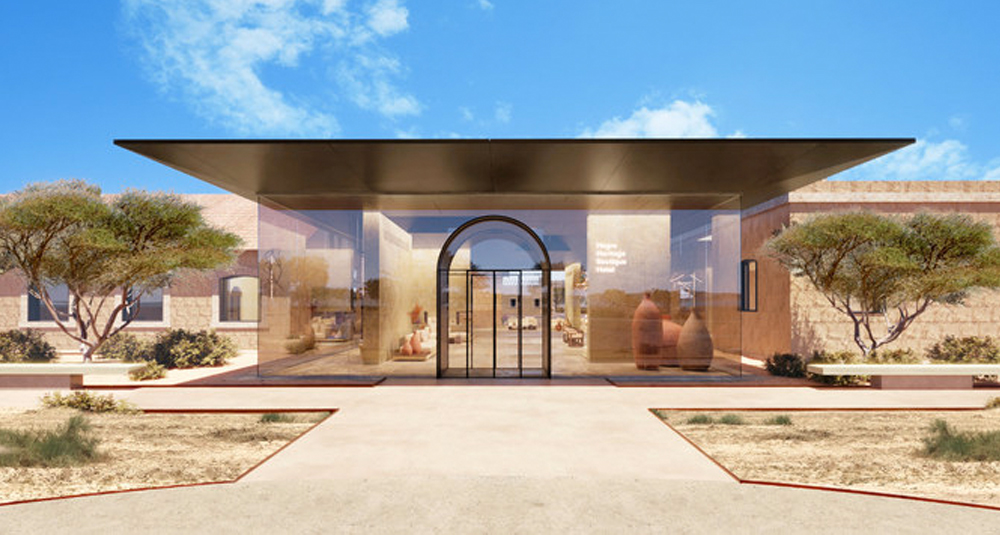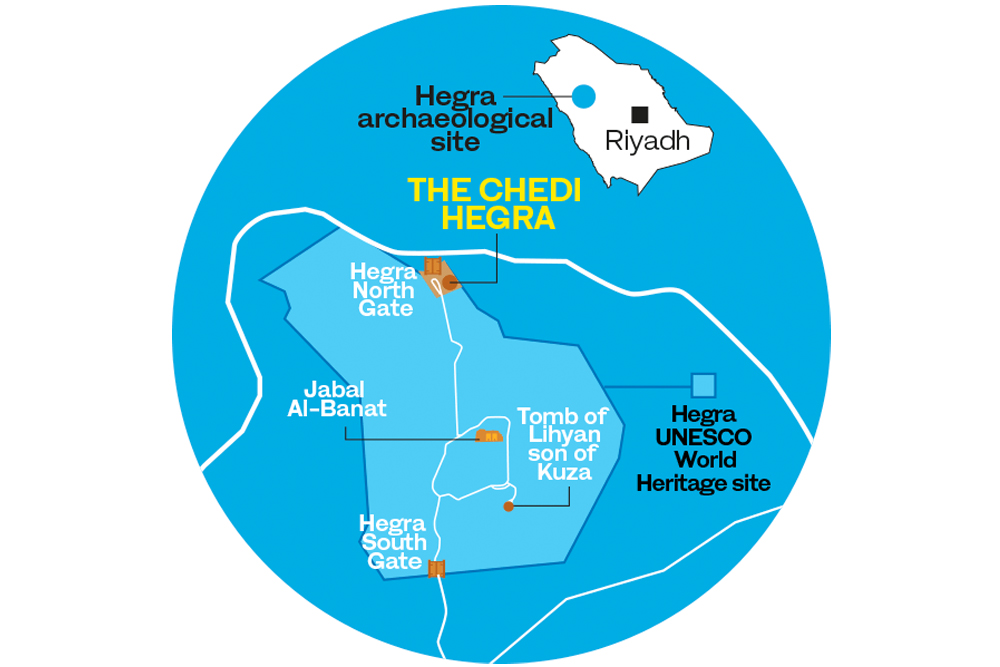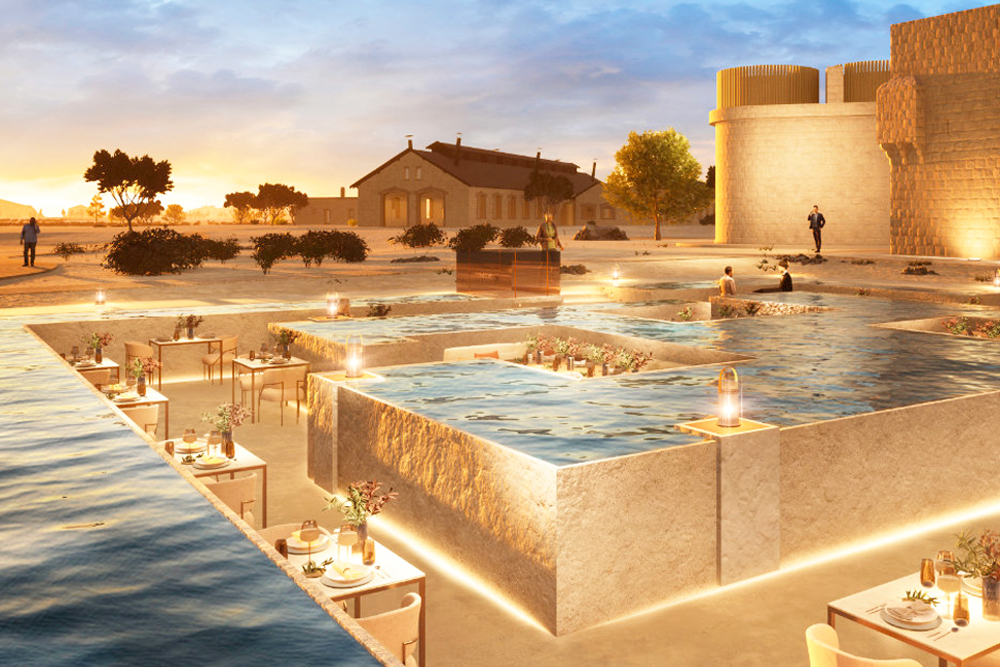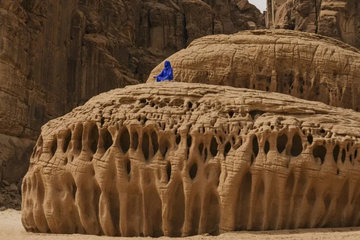
Adding contemporary elements to heritage buildings requires bravery and foresight, resulting in impressive transformations. London's British Museum is a prime example, with Sir Norman Foster's Great Court turning the 19th-century structure into an incredible enclosed space with a large glass and steel roof.
Similarly, architect Leoh Ming Pei faced criticism when proposing the glass pyramid in the Louvre's main courtyard in Paris. However, today, the pyramid has become an iconic part of the museum, cherished by Parisians and visitors alike.

A lesser-known but equally remarkable example is Germany's Moritzburg Castle, where creativity integrates ancient ruins into a modern art museum, showcasing the castle's vibrant history.
Now, an ambitious scheme is underway to construct a luxury boutique hotel called The Chedi Hegra within Saudi Arabia's UNESCO World Heritage site of Hegra at AlUla. The hotel will creatively utilize historic structures, including the nearby Ottoman fort and the Madaen Saleh train station.

Hegra boasts a significant history as the second-largest preserved site of the Nabataean civilization after Petra, Jordan. It served as a hub for trade and cultural exchange between Arabia and the Mediterranean, while also witnessing the influence of past civilizations like the sheikdom of Dadan and the Kingdom of Lihyan.

The UNESCO site encompasses one of the three principal Hajj pilgrimage routes, with the Syrian Hajj road passing through AlUla. The route was used for generations by merchants and Bedouins, who also left historic rock engravings behind. The 18th-century square Hegra stronghold guarded the path taken by pilgrims to Makkah.
The Hejaz railway, built by the Ottoman Empire, was another significant feature, reducing the journey time for pilgrims to Makkah. Although the railway fell into disuse after World War I, remnants can still be seen throughout its route.

The Chedi Hegra showcases Saudi Arabia's dedication to economic diversification and cultural tourism. It sets a benchmark for harmoniously blending heritage with modernity. The Royal Commission for AlUla (RCU) collaborates with experts to transform AlUla while preserving its environment, history, and integrating the hotel into existing structures.

To protect Hegra's incredible past, the majority of the UNESCO site will be carefully conserved. The Chedi Hegra exemplifies the RCU's objective by honoring history, utilizing eco-friendly design, and offering a genuine luxury experience that highlights AlUla's distinctiveness.
Moreover, the RCU demonstrates its commitment to the local community by using local resources, supporting local businesses, and creating employment opportunities. The project emphasizes education, learning, and training for the people of AlUla.
Through this daring fusion of the ancient and the contemporary, Saudi Arabia showcases how its past can shape its future in AlUla.

















